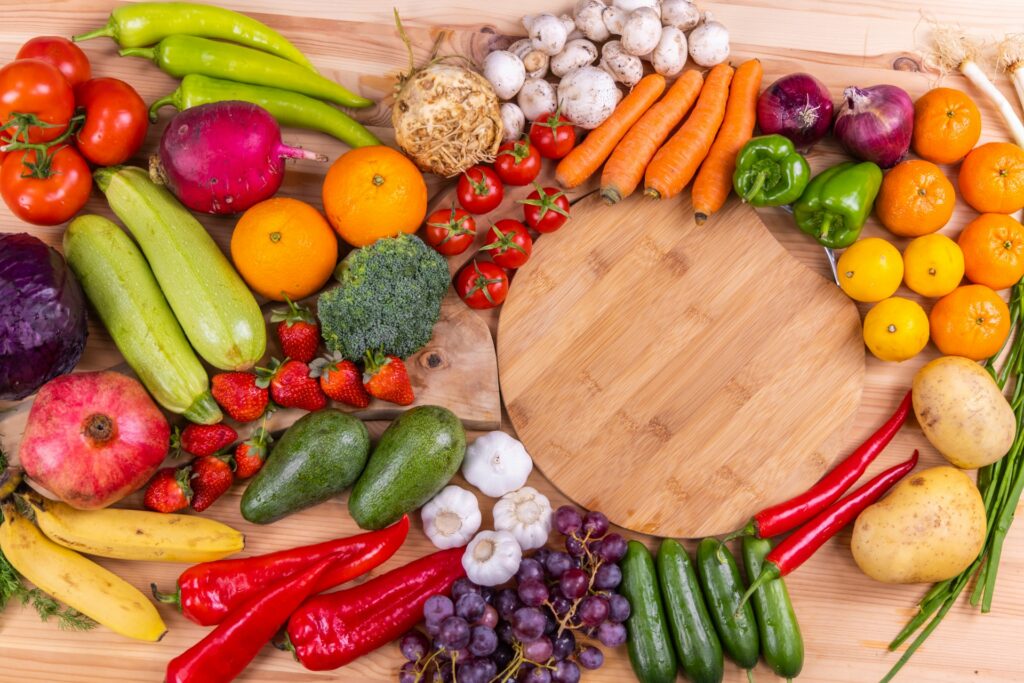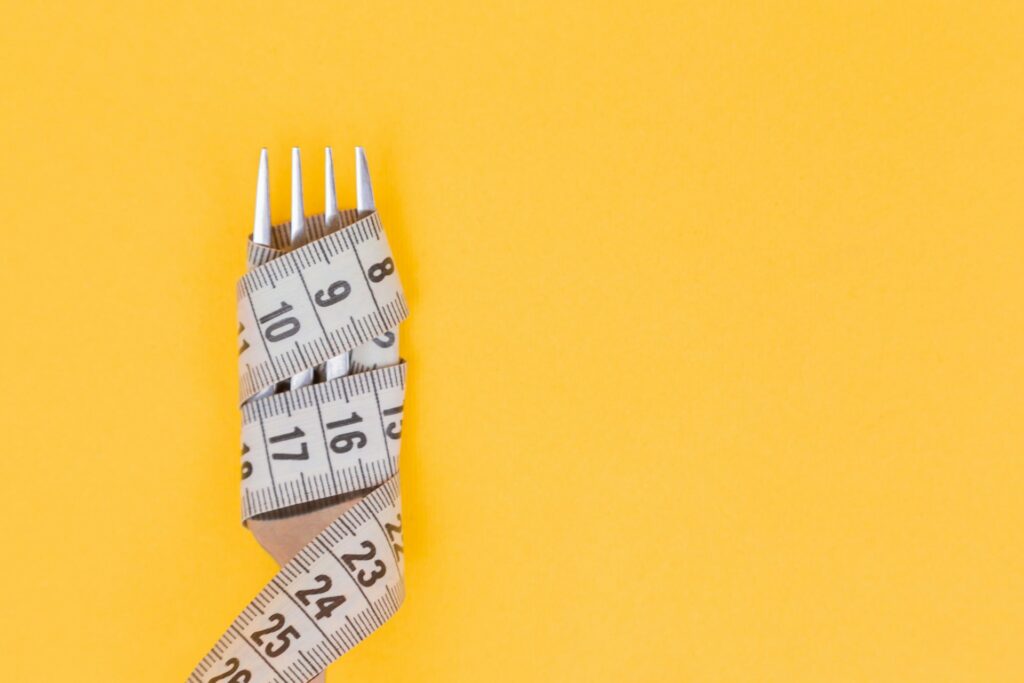
Body + Mind is reader-supported. We may earn an affiliate commission when you buy through some of the links on our site.
Calorie counting can be a powerful tool for managing weight and improving your health, but only if done correctly. Whether you’re trying to lose, gain or maintain weight, understanding how to track your intake effectively and healthily is key.
Done mindfully, calorie counting can help you spot patterns, make smarter food choices and stay aligned with your health goals. The key is to approach it with flexibility, accuracy and a focus on real nourishment.
Before you log your first calorie, you need to know why you’re doing this. Are you trying to lose weight? Gain weight? Put on muscle? Improve your awareness around food? Knowing your motivation will help you stay consistent and avoid getting discouraged.
Your daily calorie needs depend on various factors, such as age, gender, height, weight and activity level. Use a reputable calorie calculator that takes this information into account. The more detailed your input, the more accurate your suggested daily calorie goal will be. Reassess every few months or when your routine or weight changes significantly.
Digital apps like MyFitnessPal, Cronometer or Fat Secret can make logging easy and accurate. They also allow you to track macronutrients and vitamins, not just calories. If you prefer analog, a simple notebook works too, just make sure you’re consistent with portions and measurements.
Weighing and measuring your food is ideal when you’re starting out, but it’s not always realistic. Train your eye to recognize standard portions — like what 3 oz. of chicken or one cup of rice actually looks like. This skill makes dining out and eating on the go less stressful.
It’s also best to weigh your food in the beginning for the most accurate measurement. For example, the average banana contains about 89 calories, but this will vary widely depending on the weight of the banana. Use a kitchen scale to avoid consuming more than you realize.
When you’re tracking, quality matters as much as quantity. Choose whole, unprocessed foods rich in vitamins, minerals and fiber. Think of leafy greens, lean proteins, legumes, whole grains, fruits, nuts and seeds.
Yes, even pizza or dessert. When you restrict too much, you’re more likely to binge later. Learn how to incorporate your favorite foods mindfully, so you can enjoy them while sticking to your goals.

Sometimes what feels like hunger is actually thirst or fatigue. Drinking enough water and checking in with how you feel can help you avoid unnecessary snacking or over-restricting.
Your calorie needs aren’t static. They’ll change based on weight, activity level, age and goals. Check in regularly and make adjustments as needed. If your progress stalls, your body might need fewer or more calories than when you started.
You will go over your calorie limit some days. You’ll forget to log a meal or snack and that’s normal. The goal isn’t perfection — it’s consistency. One off day won’t undo your progress. What matters most is what you do most of the time.
Calorie counting can easily go from helpful to harmful if you’re not careful. Avoid these common pitfalls to keep your mindset healthy and your results sustainable.
Yes, calories matter. But obsessing over exact numbers can lead to anxiety and an unhealthy relationship with food. A 100-calorie pack of cookies and 100 calories of almonds have different impacts on your body. Try to focus on the nutritional value of your food, not just the calories. Focus on the big picture — overall nutrition and how you feel, not just numbers.

The splash of cream in your coffee? The oil you used to saute your veggies? The tiny bites off someone else’s plate? They all count. It’s easy to overlook these sneaky calories, but they add up fast. Be mindful.
Drastically slashing your calorie intake might show fast results, but it’s not sustainable and it can slow down your metabolism, make you feel exhausted and lead to nutrient deficiencies. Always aim to eat enough to fuel your body, even if your goal is weight loss.
Food is fuel, not a reward or something you have to “burn off.” Yes, physical activity increases your caloric needs, but tying your food intake to how much you’ve exercised can lead to guilt and overcompensation. Keep the two separate for a healthier mindset.
Your best friend might thrive on 2,200 calories while you feel better on 1,800. Everyone has different metabolisms, goals, body types and routines. Stick to what works for you and avoid comparison traps.
You won’t always know the exact calorie content of your meal and that’s OK. Make educated guesses, enjoy your food and move on. One meal won’t derail your entire week.
Calorie counting should support your overall wellness, not control it. Pay attention to how your clothes fit, your energy levels, your digestion and your mood. The scale is just one piece of a much larger puzzle.

If you’re always hungry, tired or thinking about food 24/7, something’s off. No app knows your body better than you do — listen to it.
If calorie counting starts making you feel anxious, guilty or obsessive, it might be time to take a break. Health is about more than just numbers. Your mental well-being matters just as much as your physical health.
Calorie counting isn’t for everyone, but it can be helpful for certain people. You might benefit from tracking if:
However, if you have a history of disordered eating, calorie counting may do more harm than good. In that case, working with a registered dietitian or intuitive coach can be a healthier approach.
Calorie counting should support your life, not control it. You’re not aiming for perfection. You’re learning, experimenting and building habits that last. Some days will be spot-on and others won’t, but that’s all part of the process.
Your email address will only be used to send you our newsletter, and at any time you may unsubscribe. For more information, see our Privacy Policy.